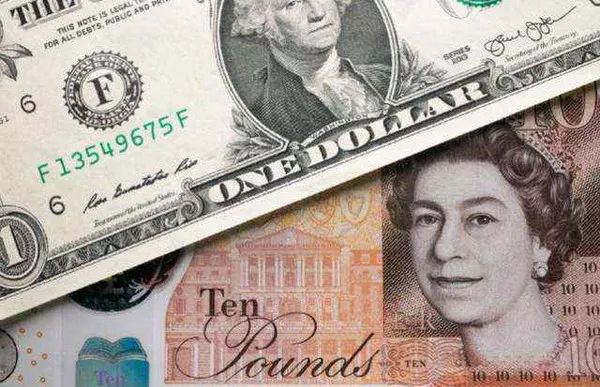The exchange rate between the British Pound (GBP) and the Indian Rupee (INR) is closely watched by people all over the world. With both currencies enjoying significant global trade and investment, any changes in their relative value can have far-reaching economic implications. In this article, we will explore what exactly GBP currency converts to rupees and why it matters.
Understanding Exchange Rates
Before delving into the specifics of the GBP-INR exchange rate, it is essential to understand how exchange rates work. Essentially, an exchange rate reflects the relative value of one currency compared to another. For example, if 1 GBP were to buy 90 INR, the exchange rate would be 1 GBP = 90 INR. Exchange rates are not fixed and fluctuate regularly based on various factors such as supply and demand for each currency, geopolitical events, and economic indicators.
Factors That Affect GBP-INR Exchange Rate
Several factors affect the GBP-INR exchange rate. Some of the most significant include:
1. Economic Performance: Economic performance of a country, including inflation rates, employment figures, and gross domestic product (GDP) growth, can impact its currency’s exchange rate. For instance, if the UK economy is performing well, demand for GBP may rise, leading to an appreciation in its value.
2. Political Developments: Political instability or uncertainty can cause fluctuations in exchange rates. Brexit is a prime example of a political event that had a significant impact on the GBP exchange rate.
3. Interest Rates: Interest rates set by the central banks of each country can impact the exchange rate. Higher interest rates tend to attract foreign investors, leading to an increase in demand for the country’s currency.
4. Trade Flows: The balance of trade between two countries can impact their respective currencies’ exchange rates. If the UK imports more goods from India than it exports, it means there is a net outflow of GBP, leading to a depreciation in its value compared to INR.
GBP to INR Conversion
As of June 2023, the GBP to INR exchange rate is approximately 1 GBP = 103.5 INR. This means that if you had 100 GBP, you would receive 10,350 INR in exchange. However, it is important to note that this rate fluctuates regularly and may not be accurate at the time of reading.
Why Does It Matter?
The GBP-INR exchange rate matters for several reasons. Firstly, it impacts bilateral trade between the UK and India. If the GBP appreciates in value compared to INR, it becomes more expensive for Indian businesses to import goods from the UK, potentially reducing demand. Conversely, if INR appreciates, it becomes more expensive for UK businesses to import goods from India, potentially reducing demand and causing economic repercussions.
Secondly, the exchange rate impacts foreign investment. If the GBP is performing well, it may attract more foreign investors looking to purchase assets denominated in GBP. Conversely, if the GBP is depreciating in value, it may discourage foreign investment, leading to a decline in economic growth.
Conclusion
In conclusion, the GBP-INR exchange rate is a critical metric that has far-reaching implications for both the UK and India’s economies. It is determined by various factors, including economic performance, political developments, interest rates, and trade flows. Understanding these factors is essential for businesses and investors looking to operate in either country. While the current exchange rate is approximately 1 GBP = 103.5 INR, this rate is subject to change regularly based on the factors discussed above.


